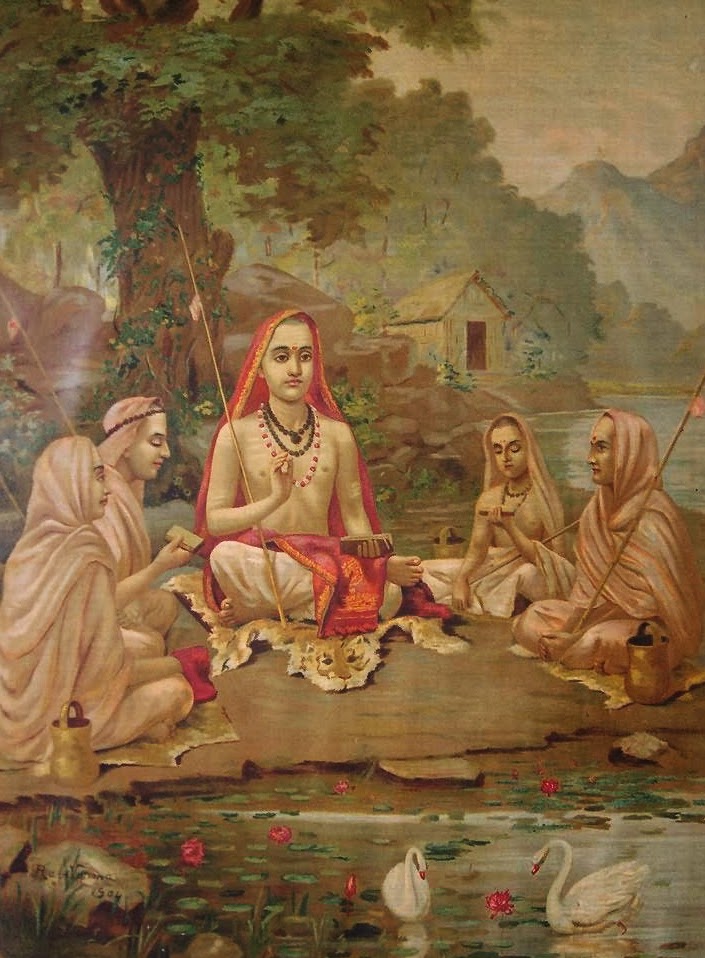The Realisation of the Absolute : 3.

The Method of Conscious Expansion : This Infinite Being is not experienced by mere metaphysical speculation, but has its meaning in immediate non-relational experience. An integral experience necessitates an integral approach, a transformation of the integral personality. Hence, intellect which is a part of the integral man, cannot reach the Reality which is the Whole. The entire consciousness has to be concentrated upon the Ideal to be attained. Towards this end, it is imperative that the dissipated rays of personal consciousness should be withdrawn to their primal relative source, the root of the individual personality, the purified ego. The purified ego-consciousness thus freed from the divergent attractions of sense-perception is allowed to devote itself completely to the higher purpose of conscious expansion into the subtler and vaster states of consciousness. Each higher state is more extensive, subtler and more inclusive than the lower states, and the power of i



.jpg)

.jpg)
.jpg)

.jpg)

.jpg)
.jpg)
